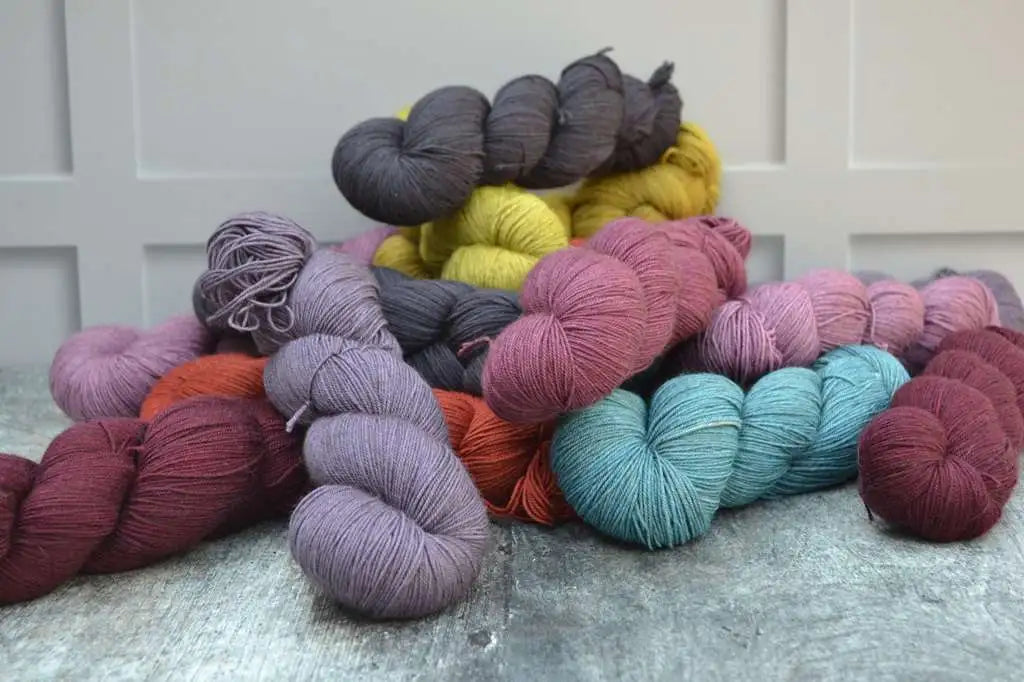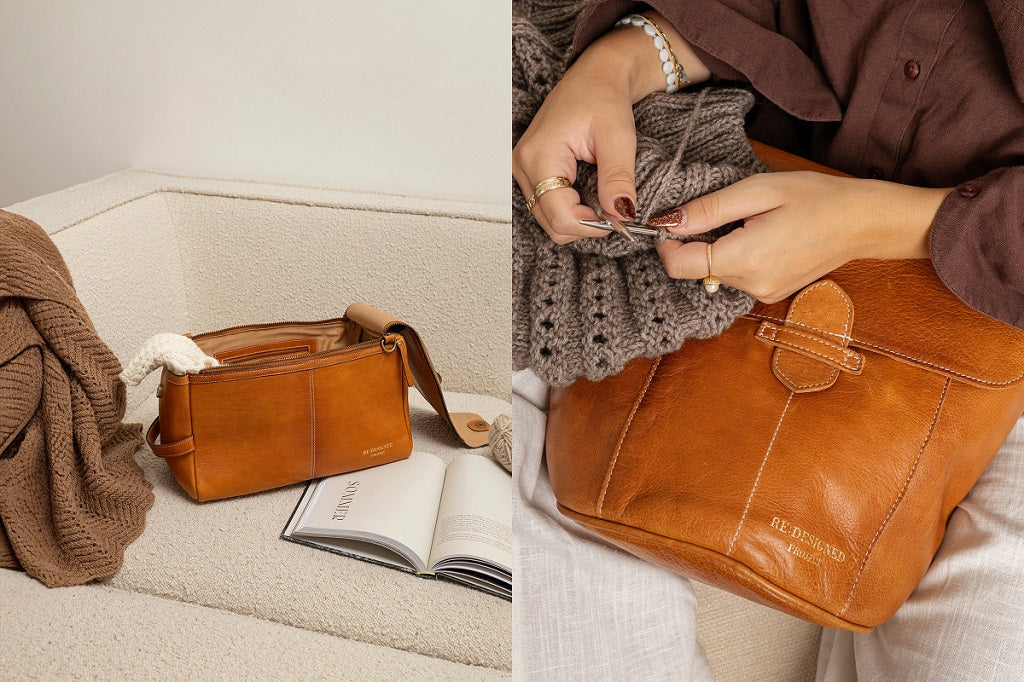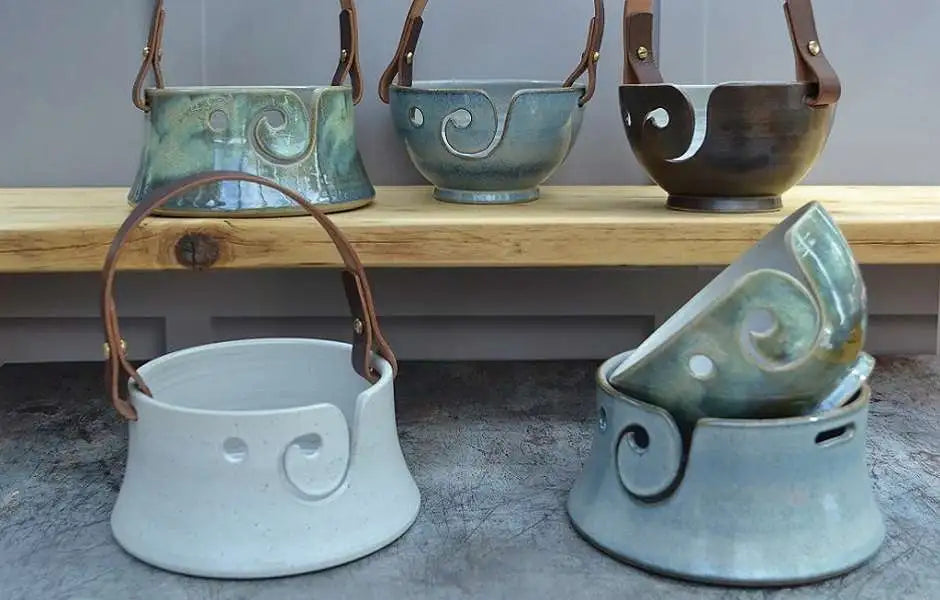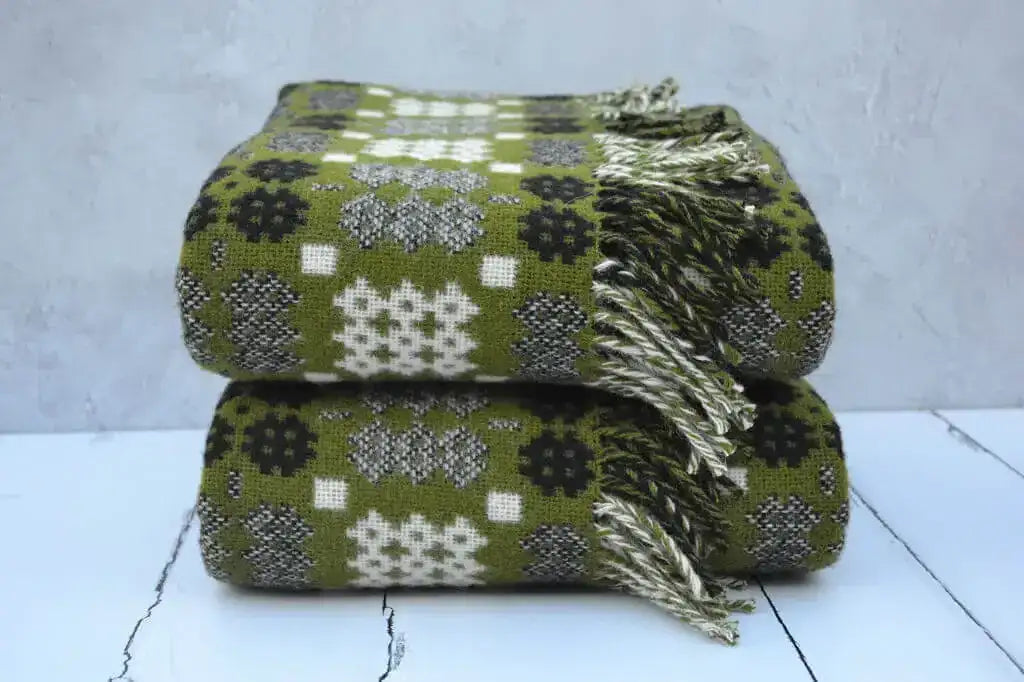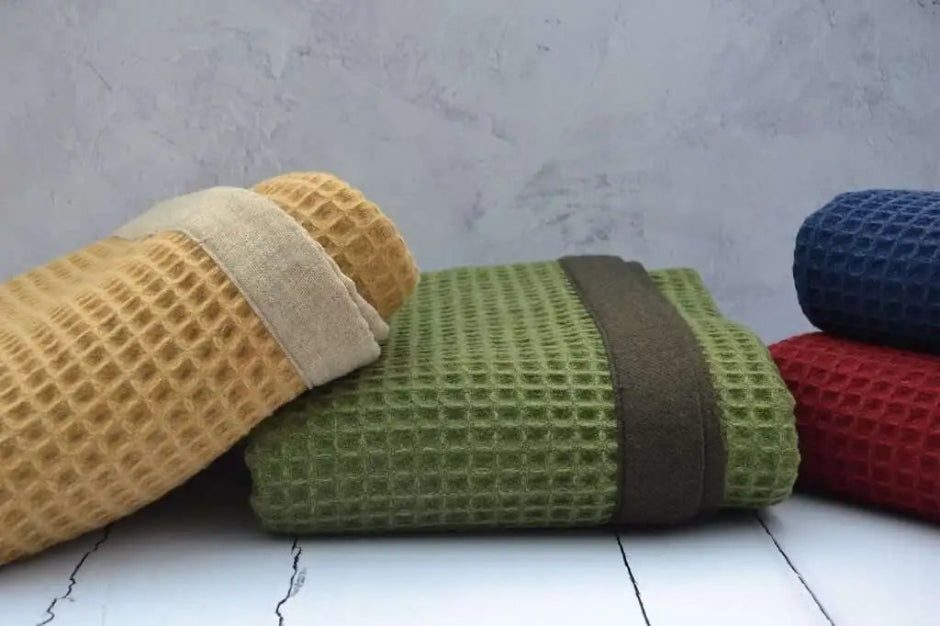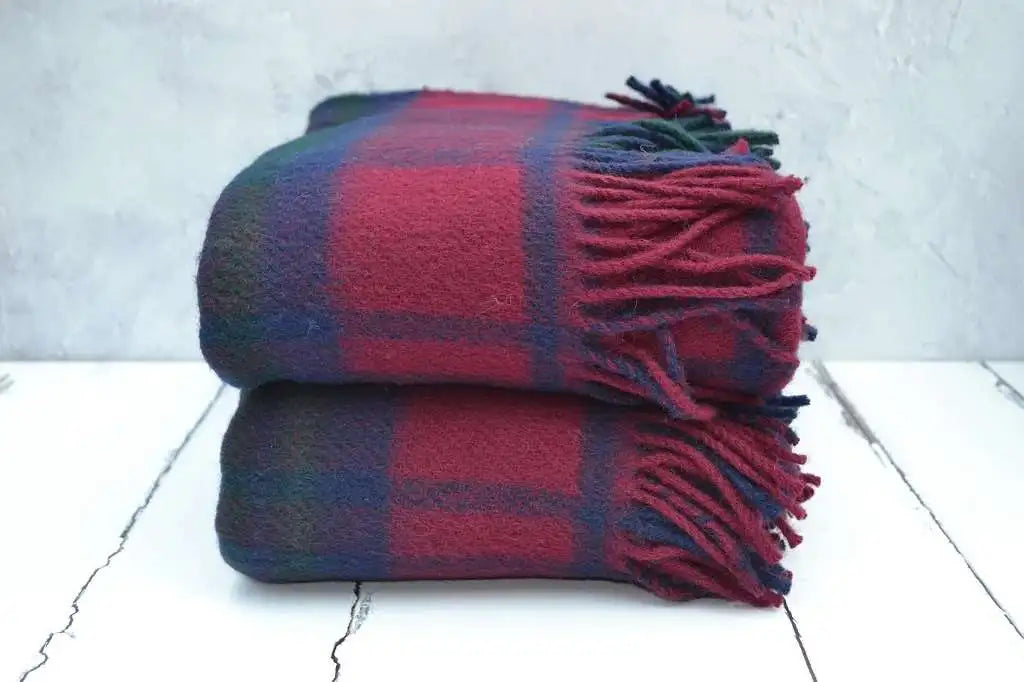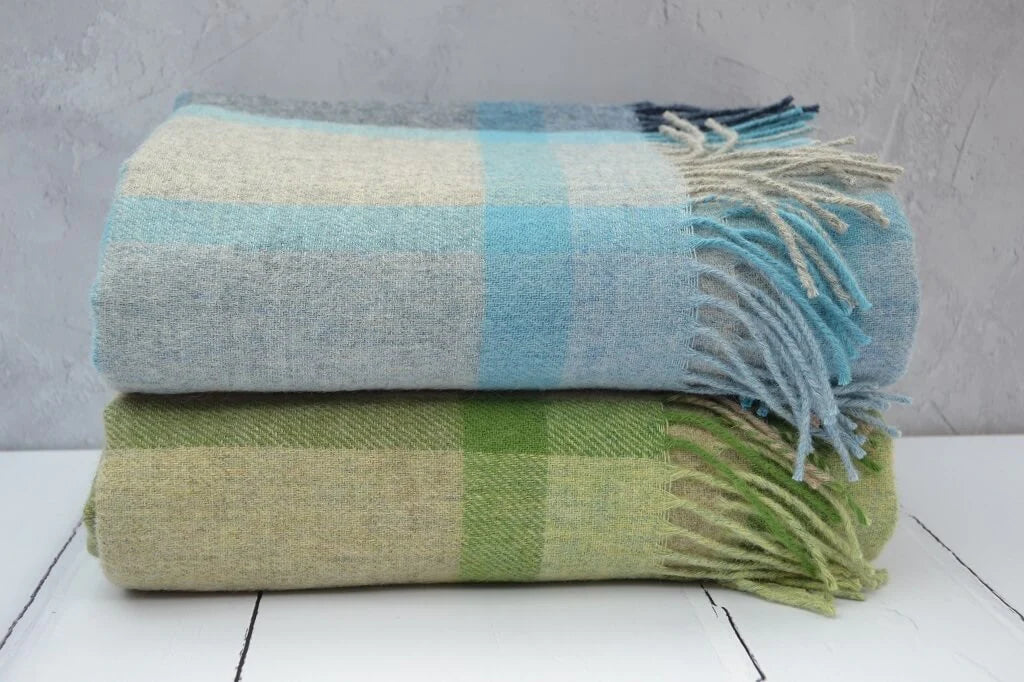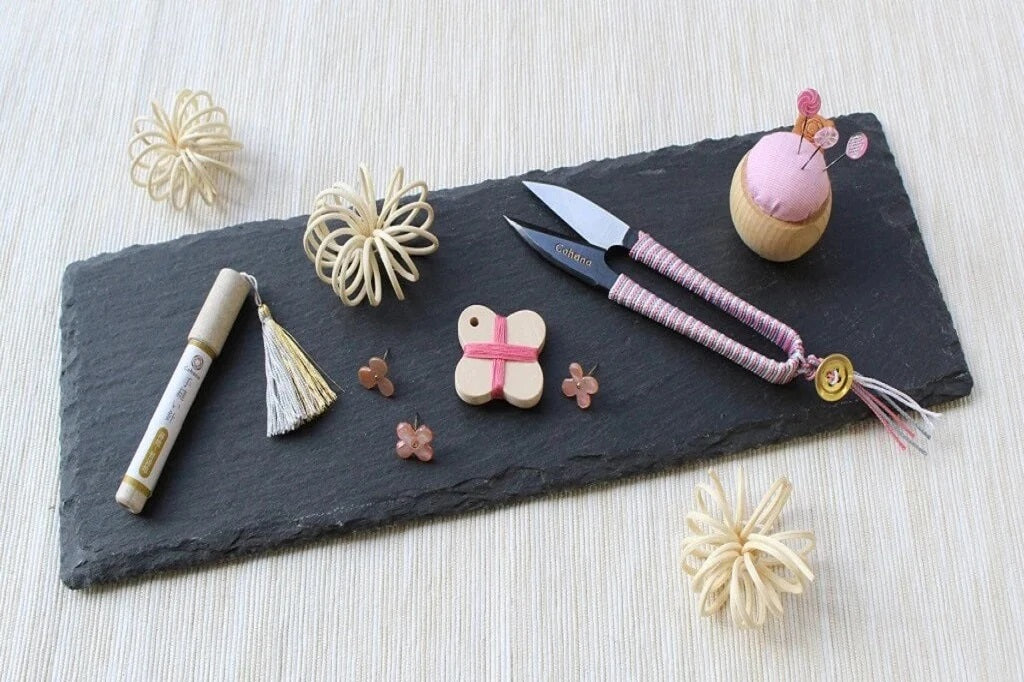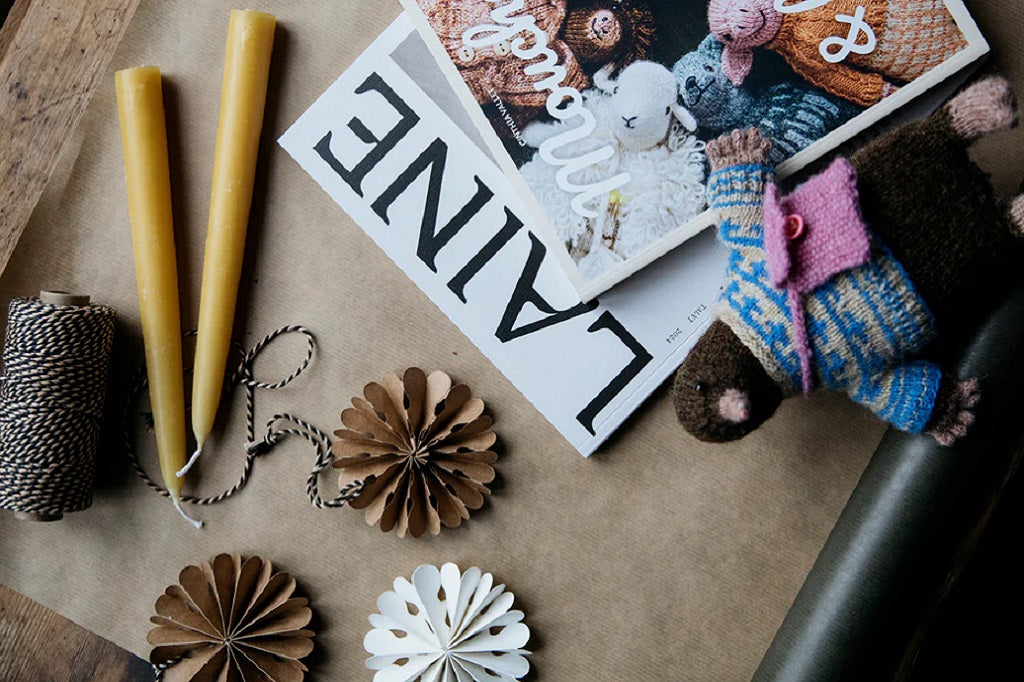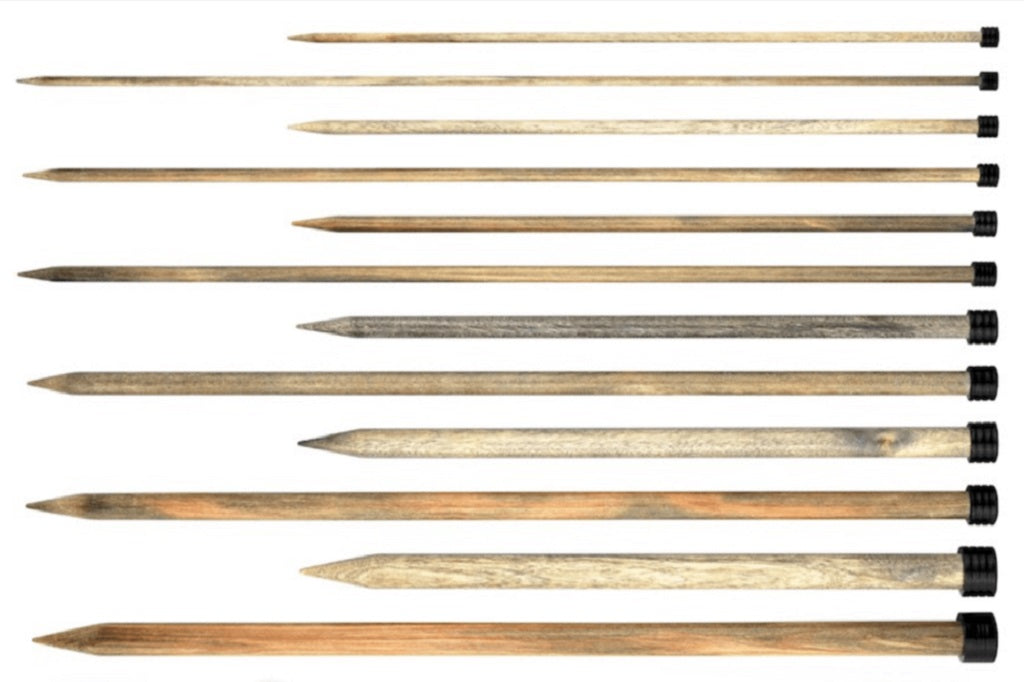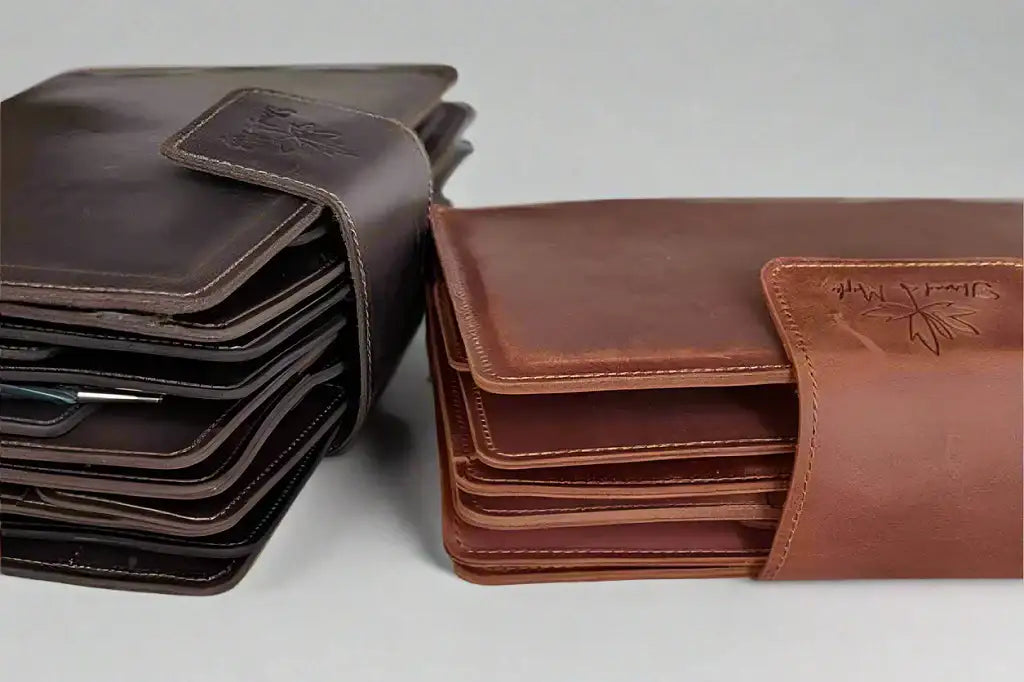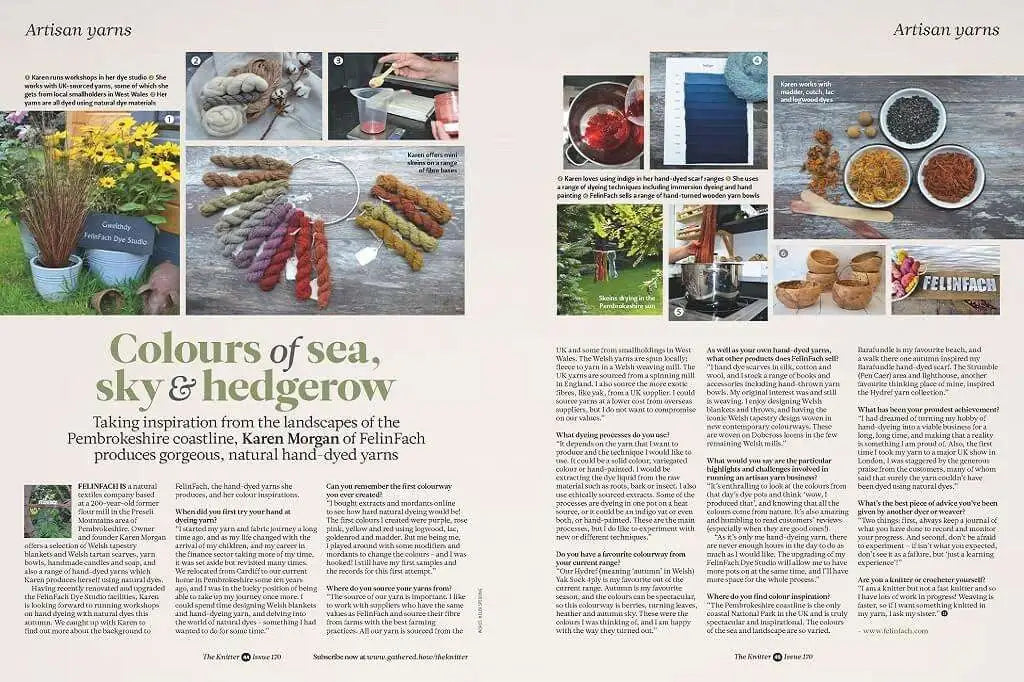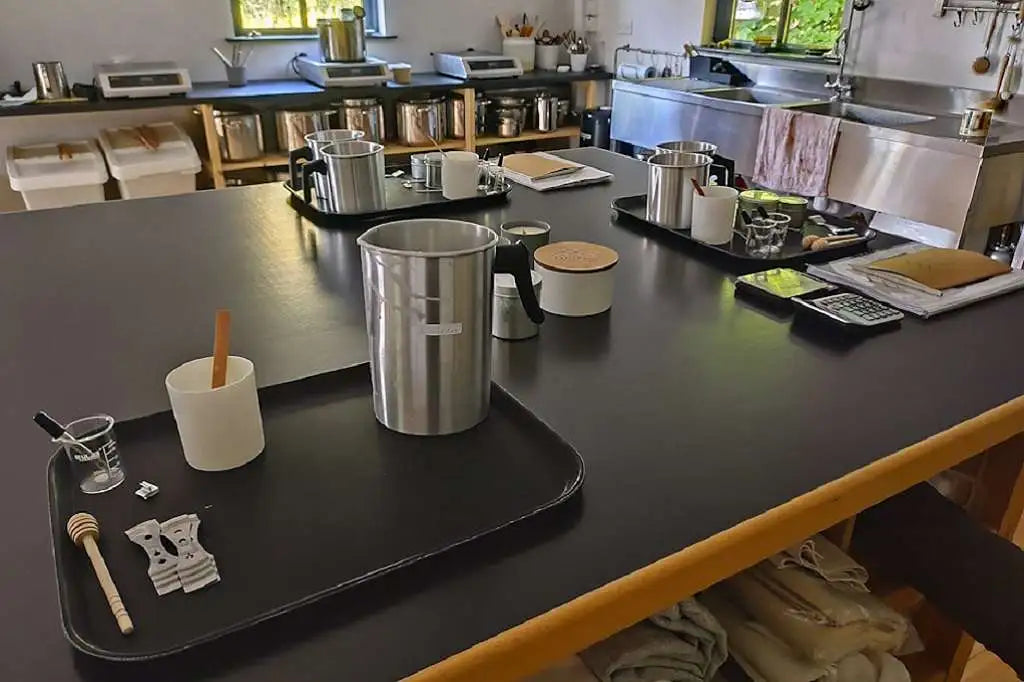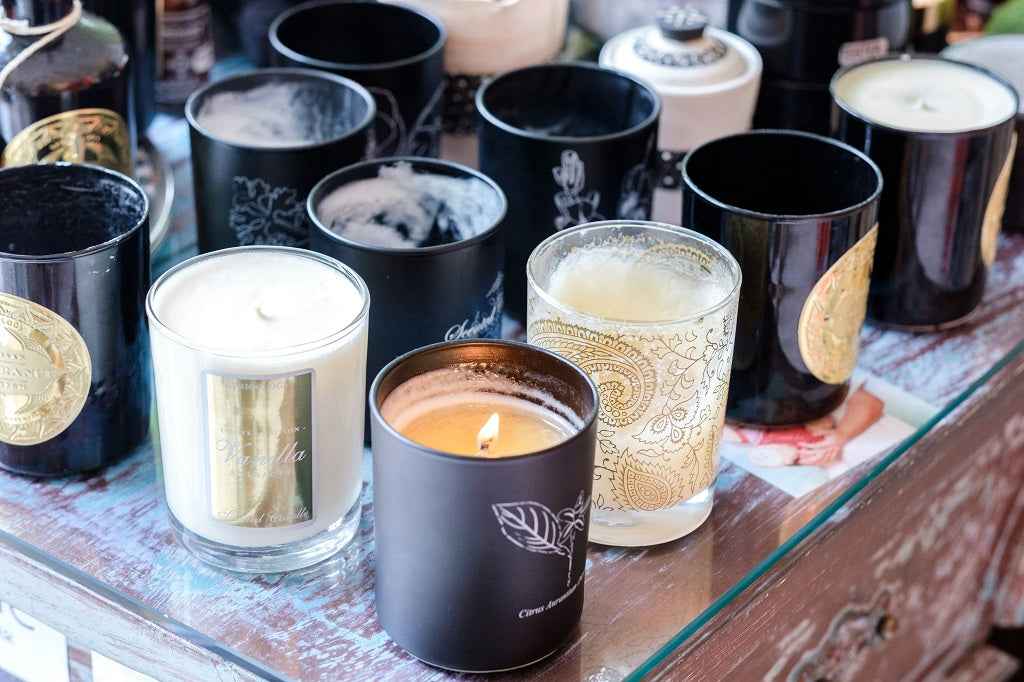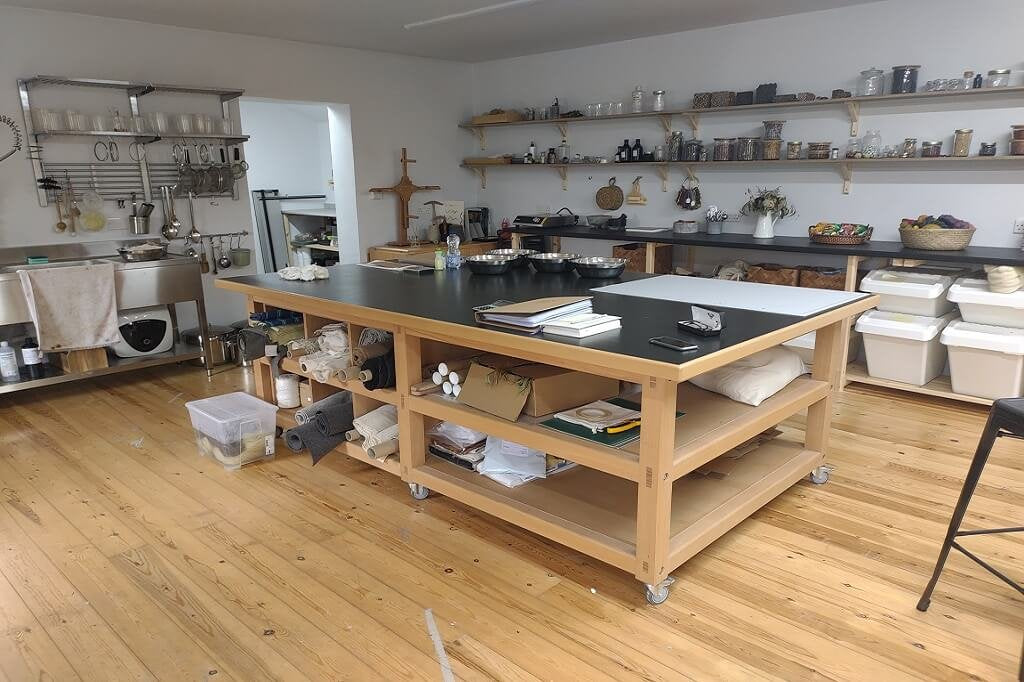Yarn Shop
Welsh Blankets
Clearance Sale
Craft Courses
Our Story

Here is a list of Frequently asked Questions about our Hand Dyed Yarn. IF you wish to contact us directly, please us the Contact Us Form.
-
Eco-friendly and sustainable products are important to us.
- for every product sold on this website, with Tree Nation we plant one tree in the world.
- our website is a 'Net Zero Website' - all emissions created by this website are offset by trees we have planted on a daily basis.
- all shipping is zero carbon emissions.
- we do not sell plastic products
- all our packaging is plastic free.
- More information on our commitments to sustainability, click here...
-
Yes, all the yarn on this website and at Shows and Fairs is hand dyed by me and it is dyed with natural dyes - no exceptions!
-
Our yarns are 100% natural fibre, Wool, Alpaca, Mohair, Linen, Silk and they are either Welsh or UK yarns. They are sourced from local farms or smallholdings in Pembrokeshire or British wool from a British spinning mill.
Some yarns can’t be sourced locally, Merino and Blue Faced Leicester for example, we outsource this supply from a spinning mill in England.
-
Skein weights and metre/yard measurements are approximate. In most cases the skeins are marginally heavier than advertised but a few may be a gram or two under. The yarn weight information Aran, DK, 4 Ply etc have been provided by the supplier of the yarns.
-
There may be, as this is a handmade product. There could be a subtle variegation of colour, this is due to the hand dyed process. I do not knot the yarns and I hand skein each skein of yarn. If I came across a lot of knots or spliced yarns, that skein would not be available on the website. However, there may be an occasional knot in a skein of yarn, this would be from the original spinning process.
-
No natural dye is 100% resistant to fading (the same is also true of some synthetic dyes) Under normal use, care and wear any fading would only be visible over a long period of time. Faded natural dye is just as beautiful as its original colour and is one of the reasons the natural dye process is so rewarding. However, if you store our yarn, fibre or fabric in a sunny, south facing window or under a high-intensity lamp then we cannot guarantee the colours will remain true.
-
Our yarn and fabric are washed and rinsed thoroughly after dyeing to remove any excess dye so that none of our products
should bleed dye. If there is a small amount of colour bleed, as it can with acid dyed commercial yarn, this will not affect the colour, it is excess dye stuff not absorbed in the hand dying process. If you do have any problems with excessive colour bleed, then please email. -
It is recommended that all yarns be hand washed with a pH neutral detergent in cool water with least agitation. Natural dye can be pH sensitive which means due to the acidity or alkalinity in some normal detergents the yarn colour would be modified or changed. This is also why you should never rinse naturally dyed yarn or fabric with vinegar, mistakenly believed as a way of fixing colour as this would also bring about a colour change. As with all natural fibres do not tumble dry any of our yarn unless you really want them to felt. Once knitted our yarns are best dried flat to maintain the shape of the garment.
-
Wooltrace is a Collection of UK yarns with complete provenance - Farm to Yarn! Every yarn is fully traceable to farms and farmers where the sheep lived and grazed the fields. The best of UK yarn, supporting UK farming and shipped to you in plastic free, biodegradable and home compostable packaging.
-
No. We do attend Shows and Fairs in the UK and we publicise our attendance on this website, by email (if you have an account with us) and on Social Media.
To buy online, click here...
-
Our yarn is for sale on this website, FelinFach.com, and in Shows and Fairs. in the UK. We will publicise on this website, by email (if you have an account with us) and in our Social Media when we are attending a Show or Fair. To buy online, click here...
-
We do our best! Seriously, we take great care to accurately show the true colours of all our website products. But, and there is a but, colours may vary when displayed on different phones, tablets or PC monitors.
The nature of hand-dyed yarn means there may be some differences, part of the beauty of a handmade product!
-
We aim to ship our orders within two working days of the order date. We use Parcelforce 48-hour service for all our orders, so any UK order should be received within five working days of the order date.
If there is a problem with this, we will contact you directly.
-
Yes, we post to many countries internationally and shipping charges are automatically calculated in the Checkout. If your country is not included, please contact is for a shipping quote.
-
Our stock is constantly changing, and new stock is added to the website as soon as it is ready - we do not have specific restocking days. However, if you have any specific questions about certain stock items, please do contact us and we will try and accommodate your requirements. We try to be flexible to meet customer requirements.
-
We dye the yarns in small numbers, ranging from two to five skeins in one dye bath. The number of skeins available on the yarn page is the number included in that dye bath. If you want a larger quantity for one project you could email, the yarn could be dyed in one bath.
-
Yes, we sell a range of undyed yarn in different breeds, weights and sizes, including undyed Jacob, Alpaca, Polled Doset and others. The undyed yarn is ready for use in knitting projects or for you to dye your own yarn.
-
That's great. Please contact us and we’ll get back to you, asap, click here...
-
To be part of our "Farm to Yarn" Collection, the animal (sheep, Alpaca, Goat etc) has to live on a farm in Wales. The process of taking a raw fleece and converting it into yarn has to be completed in a mill in Wales.
Please note that the fleece does not have to be from a native Welsh breed (eg alpaca is not a native Welsh breed) but the animal has to live on a farm in Wales, whatever the breed is.Farm to Yarn in Wales - the fleece is from an animal that lives and is farmed in Wales and the process to convert a raw fleece to yarn is completed 100% in Wales.
Sustainability and the Environment
Tell me about your Yarn
Wool from Wales
Buying Your Hand Dyed Yarn
How often do you update your stock?
Large Projects
Undyed Yarn
Becoming a Stockist
About FelinFach
Located in Pembrokeshire Wales, our ethos is defined in the three words...
NATURAL TRADITIONAL HANDMADE.
- Hand woven iconic Welsh blankets.
- Hand dyed yarn, dyed with natural dyes only - no exceptions!
- Handmade candles, candle accessories, Candle Making Workshops and soapery.
- Natural Dyeing Craft courses.
- Yarn shop, yarn bowls, project bags, tools and accessories for knitters and crafters.
- Welsh Gifts, souvenirs, made in Wales, handmade in Wales.
We are a proud supporter of Americymru, the Campaign for Wool, Global Welsh and Red Dragon America.
Last updated 5th August 2024

